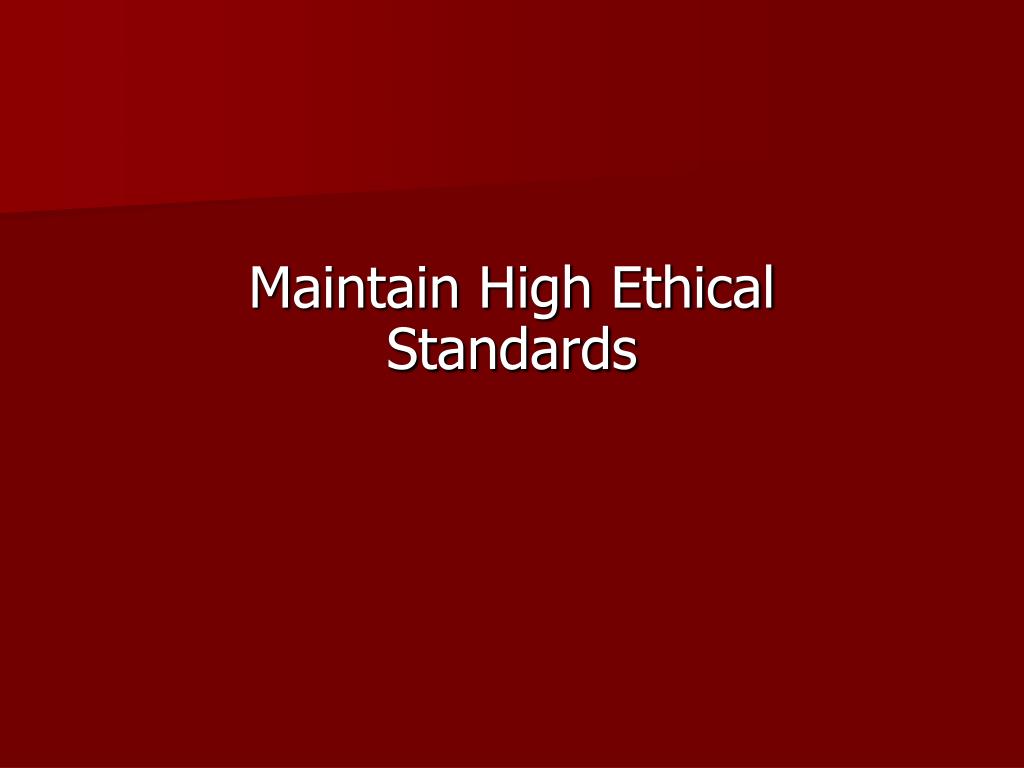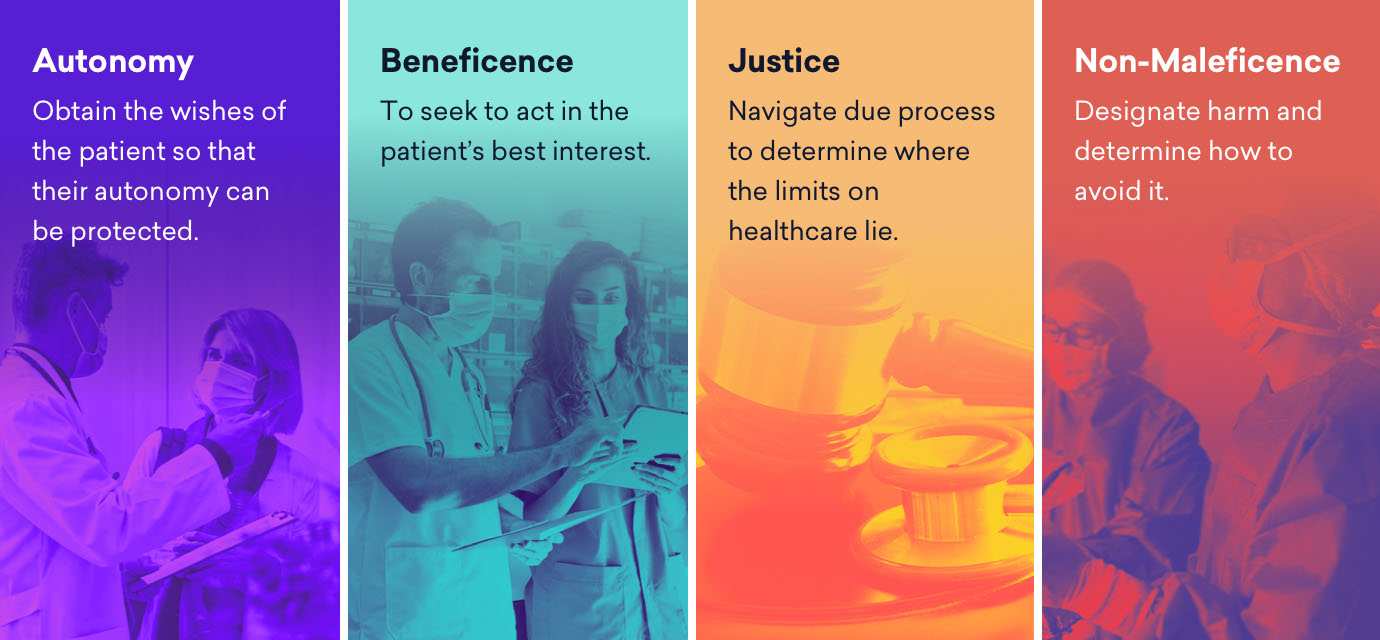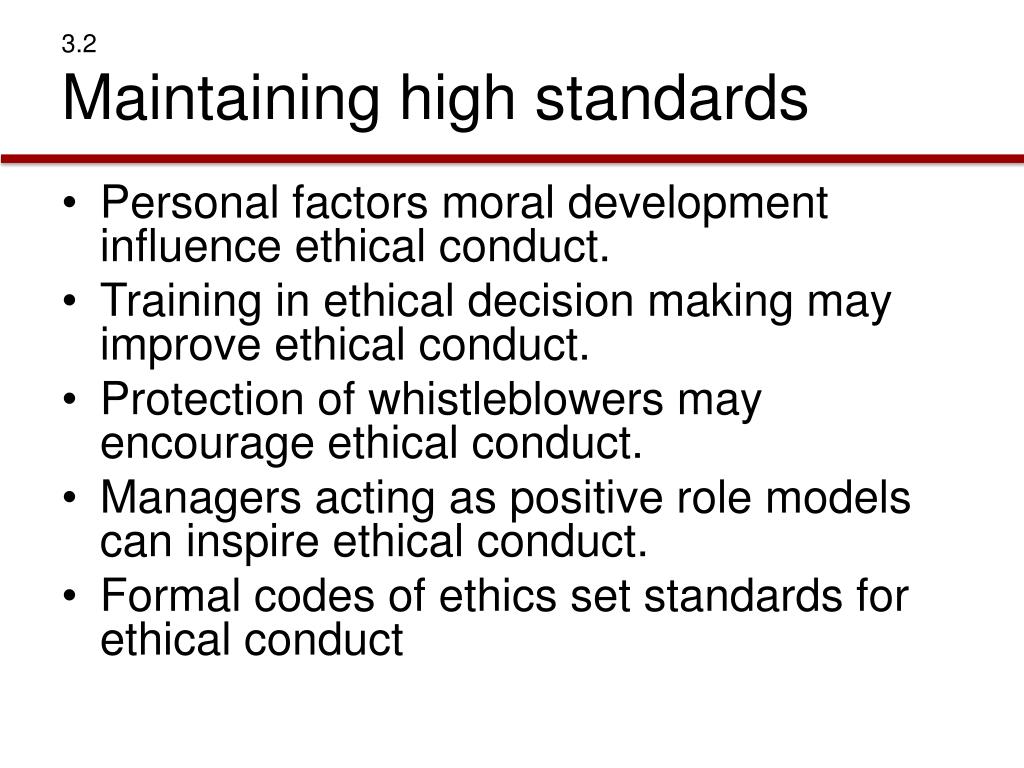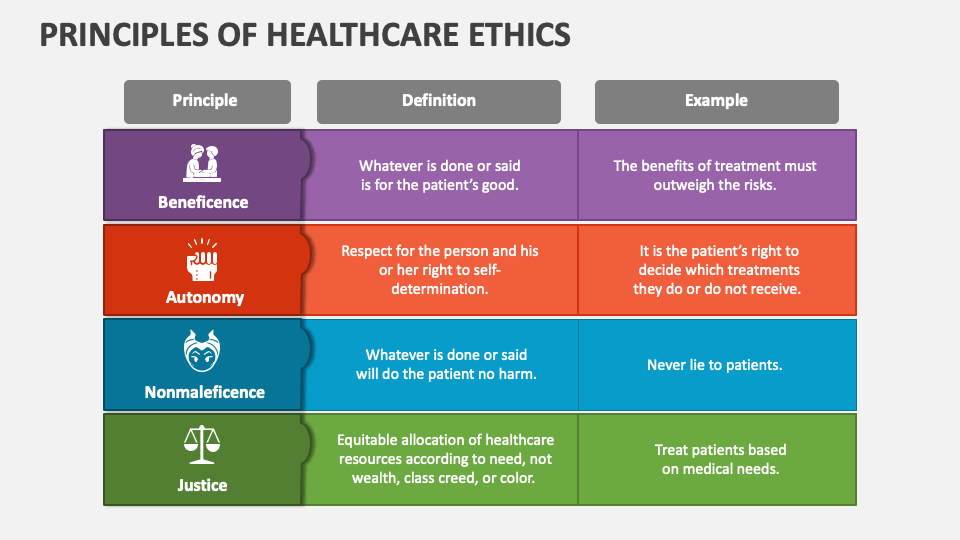Intermountain Health Expects Students To Maintain High Ethical Standards

Intermountain Health, one of the largest healthcare providers in the Intermountain West, is reinforcing its commitment to ethical conduct by setting high ethical standards for students participating in internships, residencies, and other educational programs within its network. The health system emphasizes the importance of maintaining integrity and professionalism, ensuring students understand their responsibilities in providing ethical care.
This initiative underscores Intermountain Health's dedication to fostering a culture of ethical behavior among future healthcare professionals. It seeks to proactively address potential ethical dilemmas that may arise in clinical settings. The move is a response to the increasing complexities of healthcare and the need for practitioners who prioritize patient well-being and adhere to the highest moral principles.
Why Ethical Standards Matter
Ethical considerations are paramount in healthcare. They guide decision-making and ensure patients receive fair, respectful, and quality care. Dr. Rajesh Shrestha, Chief Ethics Officer at Intermountain Health, stated, "Our patients entrust us with their health and well-being, and that trust is built on a foundation of ethical behavior. We expect students to uphold these values from day one."
Intermountain Health's commitment to ethical standards reflects a broader trend in healthcare, where institutions are increasingly prioritizing ethics education and training. These standards are not just about avoiding legal repercussions; they are about cultivating a culture of compassion and responsibility. This ultimately leads to better patient outcomes and a stronger healthcare system.
Key Components of Intermountain Health's Ethical Standards
The ethical standards encompass several key areas, including patient confidentiality, informed consent, conflict of interest, and professional boundaries. Students are expected to adhere to the Health Insurance Portability and Accountability Act (HIPAA) regulations, protecting patient privacy at all times.
Informed consent is a critical component, ensuring patients understand their treatment options and have the right to make informed decisions about their care. Students must also avoid conflicts of interest, disclosing any potential biases that could compromise their objectivity. Maintaining appropriate professional boundaries with patients is also a key focus.
Training and Education
Intermountain Health provides comprehensive training and education programs to equip students with the knowledge and skills needed to navigate ethical dilemmas. These programs include interactive workshops, case studies, and mentorship opportunities. They aim to provide a practical understanding of ethical principles and their application in real-world scenarios.
The training curriculum also includes resources for students to consult with ethics experts and seek guidance when facing complex ethical challenges. This proactive approach encourages students to address ethical issues openly and transparently. They are encouraged to raise concerns without fear of reprisal.
Impact on Students and the Community
By emphasizing ethical standards, Intermountain Health aims to shape the next generation of healthcare professionals. They strive to instill a strong ethical compass that will guide their decisions throughout their careers. This focus will improve the quality of care provided to patients within the Intermountain region and beyond.
Students who complete their training within Intermountain Health's network will be well-prepared to handle the ethical complexities of modern healthcare. They'll understand the importance of integrity and professionalism, promoting a culture of ethical excellence wherever they practice. This will have a ripple effect, improving the overall quality and trustworthiness of the healthcare system.
Potential Challenges and Mitigation Strategies
Implementing high ethical standards can present challenges, including identifying and addressing breaches of conduct. Intermountain Health has established clear reporting mechanisms and disciplinary procedures to address any ethical violations promptly and fairly.
Another challenge is ensuring that students from diverse backgrounds understand and appreciate the ethical nuances of healthcare. Intermountain Health is committed to providing culturally sensitive training and education that respects diverse values and beliefs. This includes providing interpreters and adjusting training materials to fit the needs of diverse groups.
Future Directions
Intermountain Health plans to continuously evaluate and improve its ethical standards and training programs. The aim is to ensure they remain relevant and effective in addressing emerging ethical challenges in healthcare. This includes leveraging technology and data analytics to identify potential ethical risks and develop proactive mitigation strategies.
Dr. Shrestha emphasized, "Ethical standards are not static; they must evolve with the changing landscape of healthcare. We are committed to staying at the forefront of ethical practice." This dedication will help maintain Intermountain Health's position as a leader in ethical healthcare delivery.
By prioritizing ethical behavior, Intermountain Health is investing in the future of healthcare and demonstrating a deep commitment to its patients and community. This initiative sends a clear message that integrity and professionalism are essential values. These values will guide healthcare professionals in providing compassionate and ethical care.


















